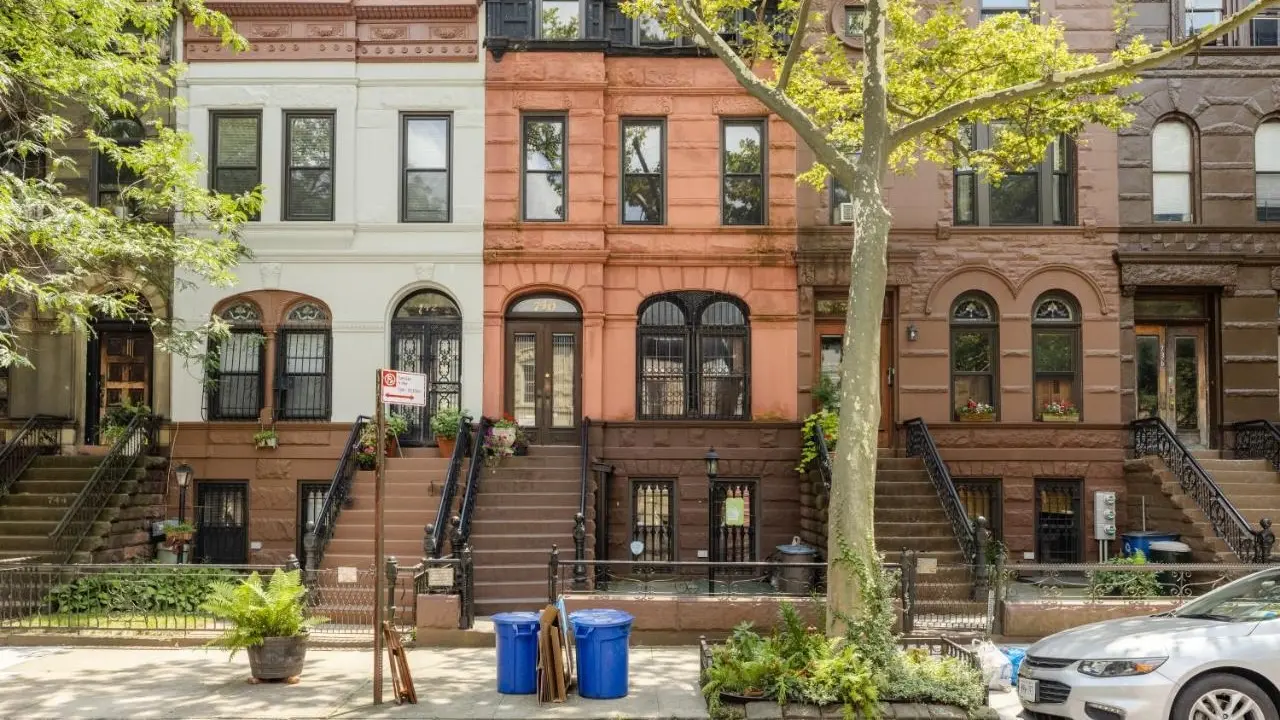Attorney General James, 25 States Push USDA to Restore SNAP for 42 Million Americans by Thanksgiving

As federal courts and state officials spar over food assistance rules, the fate of millions of New Yorkers—and the country’s approach to hunger—hangs in the balance.
Just as the season’s first chill pressed into New York’s streets, a legal decision sent a ripple through America’s safety net: on November 16th, a federal judge rebuked recent federal attempts to limit access to food stamps, better known as the Supplemental Nutrition Assistance Program (SNAP). The ruling, celebrated by Letitia James, New York’s attorney general, is more than a bureaucratic checkpoint. It forces an uncomfortable reckoning with how the nation, and its largest city, provides for the hungry.
The news event at hand is both arcane and urgent. In early November, Ms. James and attorneys general from 25 other states filed briefs urging the US Department of Agriculture (USDA) to abandon temporary pandemic-era waivers and restore full SNAP aid. The suit, aimed at reversing a clutch of cuts and administrative constraints, arrives as America readies for Thanksgiving—a holiday more defined by plenty than by want. Fully 42m Americans depend on SNAP to keep food on their tables; in New York City, nearly 1.7m people receive the benefit, constituting almost a fifth of residents.
For a city acutely sensitive to swings in social policy, the implications are immediate. Food insecurity in the five boroughs remains stubbornly elevated: according to the Food Bank for New York City, between 2021 and 2023, demand for food pantries rose by more than 30%. When Congress and the White House last year ended the emergency SNAP expansions brought on by Covid-19, the average household benefit for New Yorkers plunged by $95 per month. Researchers at City Harvest estimate this cut has left local families scrambling to fill a $256m monthly gap.
That chasm brings second-order effects. For grocers and bodegas, SNAP dollars are not merely charity but daily currency. Roughly 10% of New York City’s grocery store revenue—and a much larger share for some neighbourhoods—derives from food stamps. Each dollar of SNAP, economists reckon, stirs up to $1.50 of local economic activity: the programme is not just a lifeline, but a modest fiscal multiplier at a time when inflation continues to gnaw at household budgets and retailer bottom lines.
Fiscal prudence, no doubt, tugs in the other direction. Critics—most notably some in Congress bent on deficit hawkery—argue SNAP distortions incentivise dependency and strain the federal purse, which currently spends about $114bn per year on the programme nationwide. They cite fraud rates (less than 1.5%, by USDA figures, but persistent enough to be a talking point) and emphasise work requirements. Yet, as Ms. James and her allies contend, such measures can amount to punishing the vulnerable—even as wages stagnate and rents remain among the priciest on earth.
Politically, these skirmishes are anything but novel. SNAP, born in the Great Society era and transformed repeatedly since, has grown entwined with the American culture wars. Republicans from rural states grumble about big-city waste, while mayors and progressive governors cite the programme’s stabilising influence. For Joe Biden, maintaining or expanding SNAP carries both risks and rewards. Recent national polls show that nearly two-thirds of Americans support robust food assistance—mistrusting Congress to do much of anything.
Yet the New York case signals a subtle shift in the power dynamic. The coalition of 26 attorneys general, with Ms. James at their helm, portends a revival of state-led pressure to shape federal rules. As pandemic-era flexibilities recede, the ability of cities to stave off hunger now depends again on federal largesse—and, increasingly, legal snarls. Food banks fret about “SNAP drop-off”, the predictable spate of cases and appeals whenever benefits subside, as occurred after the last financial crisis.
A national test case with global echoes
New York, though sprawling, is hardly alone. Every major American metropolis, from Los Angeles to Houston to Chicago, grapples with similar post-pandemic aftershocks. Elsewhere in the developed world, comparably wealthy cities have sidestepped such deep reliance on food charity. In London, for instance, food voucher use remains far lower; in Toronto, provincial authorities have quietly expanded monthly aid.
The American approach—ebbing and flowing with Washington’s fiscal mood—invites both irony and admiration. That the richest city in the richest country spends a not insignificant share of community energy keeping children and the elderly fed would baffle many a Parisian or Dane (and not a few Midwesterners, too). Yet, the scale of SNAP, and the directness of its cash transfers, at least portend a grudgingly effective—if haphazard—system.
The legal ping-pong over SNAP is unlikely to end soon. Some in Congress, flushed with election fervour, pledge further trims. Advocates and municipal officials, meanwhile, note that private food donations cannot hope to plug gaps left by federal cuts. For recipients, the onslaught of paperwork, recertification, and legalese is simply exhausting, compounding the very stress they seek to escape.
The secret, as ever, may lie in data and design. Numerous studies, including those by the Urban Institute, show that robust SNAP benefits yield both immediate reductions in hunger and longer-term gains in health and educational attainment. The programme’s cost, while not puny, remains dwarfed by tax expenditures and farm subsidies—yet it receives far more relentless scrutiny.
Standing on the courthouse steps, Attorney General James declared, “No one should be forced to go hungry in the wealthiest nation on earth.” This is agreeable rhetoric, though universal provision is less a moral imperative than a test of policy craftsmanship and political will.
The recent court ruling gives New Yorkers, for the moment, a reprieve. Whether the city can transform this legal wrangling into lasting security for its millions of needy residents remains to be seen—and, as so often in American social policy, will ultimately be settled by Congress and the courts, not by the nuts-and-bolts pragmatists trying to keep the city afloat. ■
Based on reporting from Brooklyn Eagle; additional analysis and context by Borough Brief.